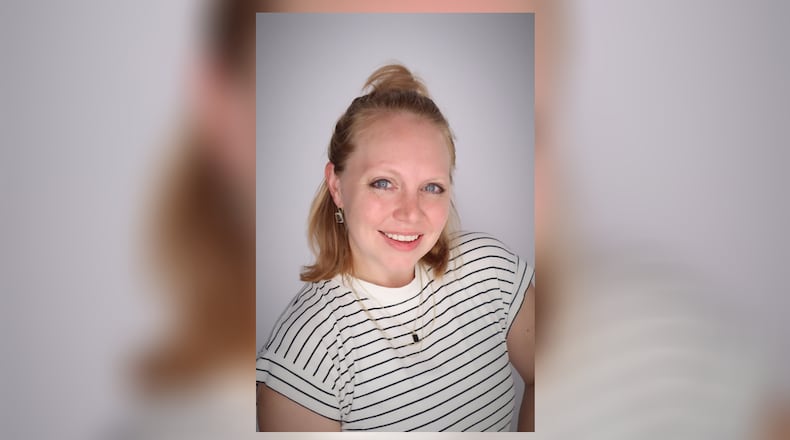The line between tenure-track and non-tenure track faculty has become increasingly pronounced. Tenure-track faculty, focused on teaching and research, are promised long-term job security, with their scholarship central to the university’s reputation and prestige. But non-tenure-track faculty like myself focus primarily on teaching, often with heavier course loads and additional advising duties. Our contributions are essential to student success, yet we face the annual uncertainty of contract renewals that could end our careers without notice.
The June 25 contributed column challenges higher education institutions to recognize that the changes they are making — whether financial, structural, or otherwise — must not come at the expense of the educators who are making a daily impact. UD, like other institutions, must ensure that it supports the very people who uphold its mission. This sentiment resonates deeply with me and my colleagues who have remained committed to our students despite the shifting tides. We continue to ensure students leave our classes not just with new knowledge but with a hunger for lifelong learning and personal growth. Yet, the fear of losing our jobs looms large.
What is often overlooked is that many professional faculty are not just educators — we are also scholars. We write articles, publish book chapters, and contribute to academic discourse, sometimes at a pace rivaling our tenured colleagues. Yet, these contributions are frequently overshadowed by the misconception that non-tenure-track faculty are only responsible for teaching. This perception is not only unfair, but it diminishes the full scope of what we bring to the university.
The announcement of potential contract non-renewals has left many of us feeling uncertain and disheartened. We give so much of ourselves to our students and this institution, and the thought of being let go despite our commitment is painful. Yet, we are expected to carry on, delivering high-quality education and mentorship, even as our futures hang in the balance. Despite this uncertainty, we continue to show up for our students every day, prioritizing their success, even when it feels like our own contributions are not fully recognized.
In this challenging moment, I want to acknowledge the solidarity and support from many of our tenure-track colleagues. While they enjoy greater job security, they recognize the crucial role we play in shaping the student experience, with some speaking out in support of professional faculty and advocating for fair treatment and greater recognition of our contributions. This allyship, whether through public advocacy or quiet support behind the scenes, has been invaluable, reminding us we are not alone and within the university community, there are those who see our worth and stand with us. At the same time, it is important to recognize that delivering such difficult news is no easier for the administration than it is for those receiving it. The leadership at UD has been increasingly transparent about the difficult decisions they face, approaching this period of uncertainty with openness and understanding the weight these decisions carry for individual lives and careers. For that, they deserve grace. I genuinely appreciate the efforts made to keep the process transparent and respectful, even as it weighs heavily on us all.
As UD navigates difficult decisions, it is crucial to recognize and value the contributions of professional faculty, who are deeply invested in the future of our students, departments, and the institution. We are not temporary figures that our contracts indicate; we are educators, scholars, mentors, and advisors who deserve validation for our feelings of sadness and frustration, even as we continue to serve with dedication. As higher education evolves, institutions like ours must focus on what truly matters: supporting the educators shaping the next generation. The future of higher education — and our ability to continue doing what we love — depends on it.
Laura Mishne Heller is a full-time professional faculty member at UD, social worker, and social change agent.
About the Author

